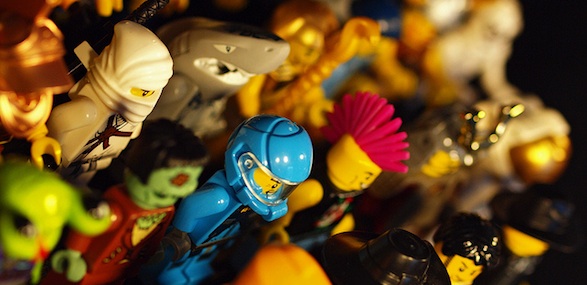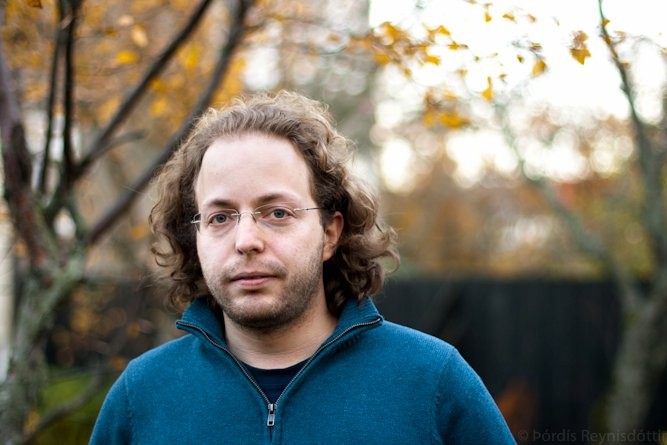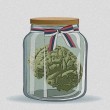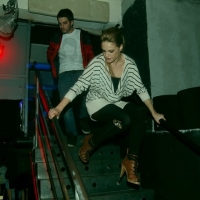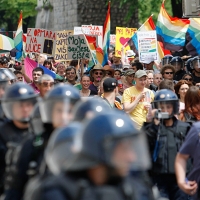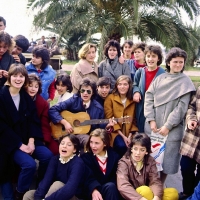From Cyber Yugoslavia to Iceland, online democracy is no longer just a fantasy. Plato must be turning in his grave
During the late-1990s Internet era, the forgotten micronation of Cyber Yugoslavia (“CY”) was born. CY was launched in 1999, when “real” Yugoslavia had already ceased to exist. In response to the economic crisis and ethnic wars that had dismantled the country, a secretive playwright named Zoran Bacic created a virtual, multinational, and hyper-democratic version of the real thing.
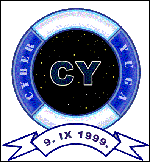 Part Yugonostalgic art project, part experiment in “e-democracy”, CY had all the trappings of a genuine nation-building project: a new constitution, flag, national anthem, and an infinite number of poetic, if occasionally ridiculous, ministerial positions: UCL Professor Eric Gordy was Secretary of Kajmak (a Balkan version of unprocessed cream cheese, for the uninitiated), and film director Dusan Makavejev was the Secretary of Dancing in the Rain.
Part Yugonostalgic art project, part experiment in “e-democracy”, CY had all the trappings of a genuine nation-building project: a new constitution, flag, national anthem, and an infinite number of poetic, if occasionally ridiculous, ministerial positions: UCL Professor Eric Gordy was Secretary of Kajmak (a Balkan version of unprocessed cream cheese, for the uninitiated), and film director Dusan Makavejev was the Secretary of Dancing in the Rain.
What made CY unique was that its virtual democratic institutions were entirely crowdsourced. As Article 1 of the CY constitution read: “Every citizen has the right to suggest a change to the Constitution. This suggestion can only be accepted or rejected if the majority of the population of CY agrees, through a Method of Public Vote.”
While media outlets described the project as “utopian” and “hyper-democratic to the point of parody” at the time, a decade later, Iceland rewrote its constitution utilizing similarly open and inclusive online reform processes. The new constitution of Iceland, though still awaiting ratification, was at least in part, created through online crowdsourcing.
The creation of the new Icelandic constitution was a response to a rapid financial meltdown: all three of the country’s major commercial banks failed at the same time, creating a major economic, political and diplomatic crisis. Could a “real” crowdsourced constitution – or some other government-sponsored open online platform – have helped to forestall Yugoslavia’s own crisis and collapse? Probably not, but could something similar counter the current economic crisis in the Mediterranean – home to the very roots of Western democracy?
As Smari McCarthy, a candidate for Iceland’s constitutional assembly and a speaker at this year’s Share Conference explained to Bturn, “what makes the Icelandic experiment interesting is the degree to which feedback was accepted from the general public, and the fact that the entire process was entirely transparent – all meetings were open to all, and the working documents were made available for public comment… and a very large number of comments were adopted into the proposed text.”
This notion of direct public participation and crowdsourcing is not immune to criticism. While some dismiss it as an overhyped web fad, others question the “wisdom” of the crowd. Just last week, a country report issued by the United Nations’ Human Rights Council noted the “worrying” statistic that in 2009, more than half the population of Iceland admitted that racial discrimination was common. One of the reasons that human rights exist is to protect minority groups from the tyranny of majorities, or “crowds”.
Others have argued that it is exceptional individuals, not crowds, that create innovations that stick. McCarthy dismisses the idea: “It is very elitist to assume that exceptional individuals are the exception…The farmer, the sailor, the baker and the used car salesman all have experiences of what their society looks like and opinions about how they would like to function within it.”
As Tomislav Longinovic wrote in his 2011 book Vampire Nation: Violence as Cultural Imaginary, CY offered an alternative means by which ordinary people of various nationalities could communicate and commemorate Yugoslavia during an era in which “ethnic representatives” monopolized representations of citizens in both international media and diplomatic relations.
McCarthy also reflected on CY as an experiment in online democracy: “In a lot of ways the Cyber Yugoslavia project appears very comparable to what was happening in Iceland. Constitutions are art. Law is art. Building societies is a form of art. We’ve just become incredibly adept at ignoring its artistic value.”
 As McCarthy asserts, crises also have value, and for more than just the neoliberal re-engineering of societies, as Naomi Klein has suggested in the Shock Doctrine.
As McCarthy asserts, crises also have value, and for more than just the neoliberal re-engineering of societies, as Naomi Klein has suggested in the Shock Doctrine.
McCarthy elaborated: “one of the wonderful things about crisis is how it blurs a lot of the subtle and unintended distinctions we’ve made about the way the world works… We go around assuming that the way things have been for the last five minutes is the way it has always been and always will be, which blinds us to astonishing potential. In short: Never waste a crisis.”
In the last decade, crisis has allowed the “utopian” ideas behind 1990s online art to become experiments in real democracy. And crowdsourcing has allowed ordinary individuals to provide meaningful contributions to the rewriting of their own constitutions. But it has also allowed Coca-Cola to launch a “crowdsourced” 24 hour songwriting campaign with Maroon 5, proving that crowdsourcing is as value neutral as the crowd itself. As Bacic said of the CY experiment in 1999, “whatever happens we will have no one but ourselves to blame. We will get what we deserve.”
*BTURN teams up with SHARE Conference, a three-day international event in Belgrade, Serbia, focusing on Internet, new media and social activism, packed with talks, discussions, presentations and music gigs. In the upcoming weeks, we keep you informed on whos and whats of this year’s edition of all things geeky and subversive.
Smari McCarthy will lecture at Share Conference Apr 26-28


